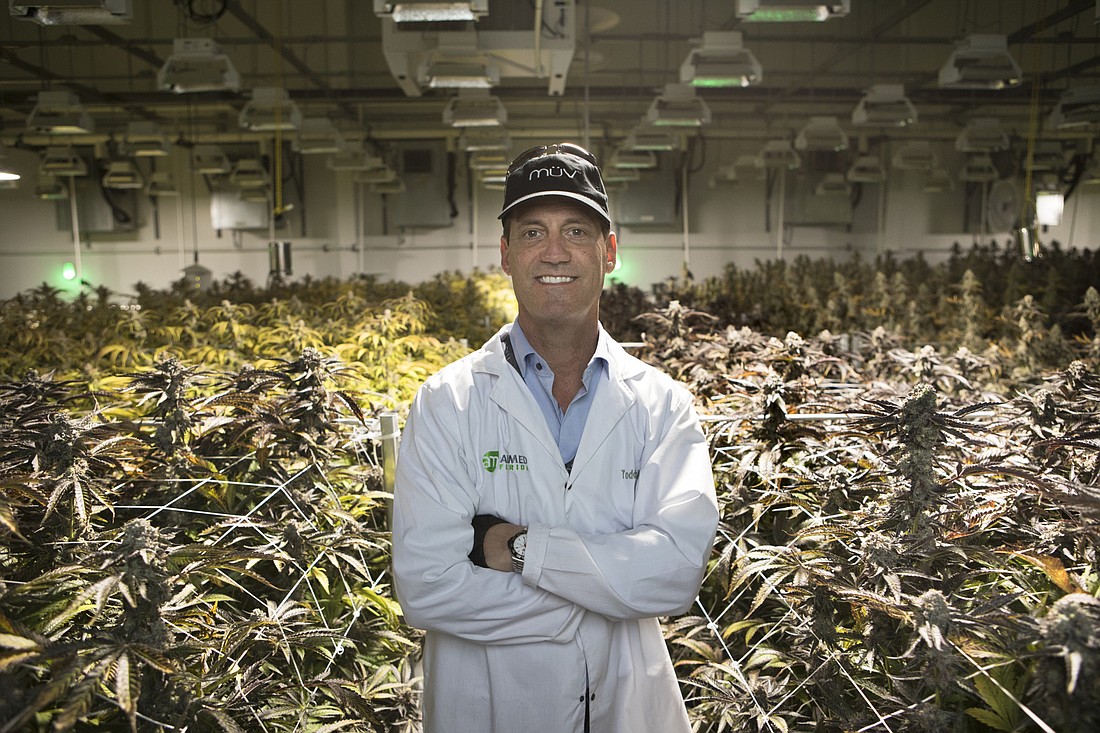- December 15, 2025
-
-
Loading

Loading

When Amendment 2 passed in 2016’s general election, it spawned a new industry in Florida — medical marijuana — that has rapidly expanded, approaching $800 million in total market value and nearly 16,000 jobs, according to Leafly, a website that tracks the growth of the U.S. cannabis sector.